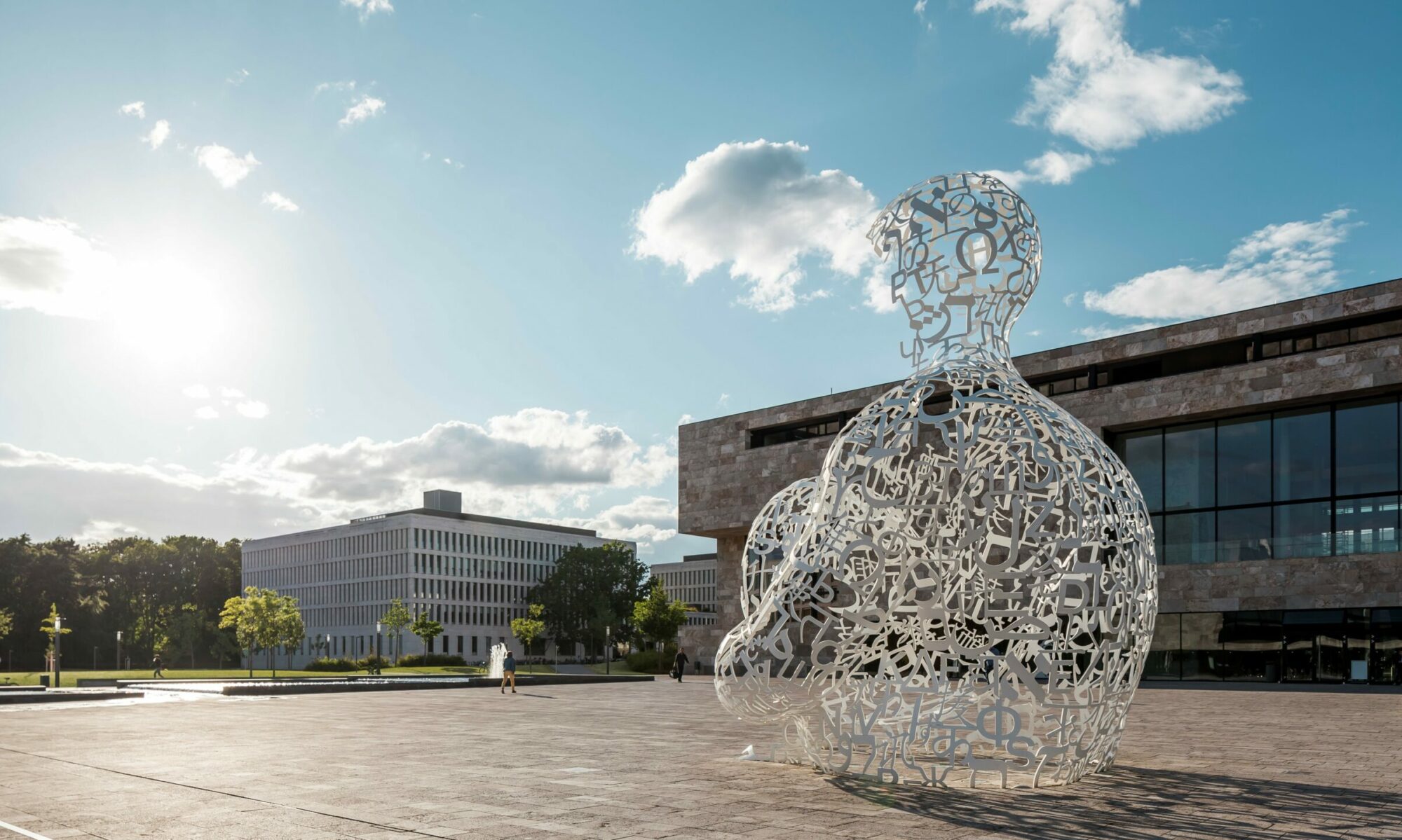Illegitimate Borders: A Critical Theory of Immigration Control Authority
As my main postdoctoral project, I am currently preparing a book manuscript on the question of the state’s legitimate authority to exclude immigrants. In this book, I argue that the very values best suited to legitimizing such authority – liberty and equality – are robustly undermined by the way in which exclusion proceeds, for reasons deep-seated in the international state system and extant notions of self-governance.
Researcher: Lukas Schmid
The Ethics of Migration Policy Dilemmas
A secondary project explores fundamental ethical dilemmas in policymaking on migration and refugee protection. It hopes to expand the focus of existing normative research on migration and border control by adopting a ‘bottom-up’ approach that identifies specific ethical dilemmas that migration policymakers and civil society actors in the migration field face but that have not yet been considered by mainstream political philosophy. This project aims to overcome blockages in current debates about migration policy that result from academic scholars’ and policymakers’ commitment to partisan goals and values and their unwillingness to reflect on conflicting ones. This is a collaborative project pursued in tandem with scholars at other institutions, namely Rainer Bauböck, Julia Mourão Permoser, and Martin Ruhs. More information can be found at https://migrationpolicycentre.eu/projects/dilemmas-project/#overview.
Researcher: Lukas Schmid
Citizenship and Transnational Democracy
In my current research I seek to explore new avenues for strengthening the political voice of migrants. Migrants or non-citizens are subject to foreign states’ laws in multiple ways. They are bound by their immigration, integration and naturalization rules, which significantly restrict their personal freedom and choice of life plans. In contrast to citizens, though, they are deprived of political voice and influence. Seeking to overcome the political voicelessness of migrants, I’m particularly interested in new forms of democratic decision-making beyond the nation state. Can emerging forms of transnational democracy bridge the gap between national realities on the one hand and cosmopolitan ideals on the other? Can they help to remedy the problem of under-inclusiveness that modern nation states currently face? If so, how must transnational democracy be designed to ensure that the needs and interests of migrants are adequately represented in the decision-making process?
Researcher: Eva-Maria Schäfferle
Identity in flux: Citizenship, statelessness, and the digital gap
“Legal identity” has been defined as “the recognition of a person’s existence before the law, facilitating the realisation of specific rights and corresponding duties (Govil, 2015).” The term has gained currency in the international development space over the last decade, especially since the adoption of the Sustainable Development Goals (SDGs) by the UN General Assembly in September 2015, which call for the provision of a “legal identity for all by 2030” in its target 16.9 (A/RES/70/01). Marie-Eve’s research seeks to bring to light two versions of legal identity circulating in the development literature. First, a substantive version of legal identity, discursively constructing registration as necessary for someone’s recognition as a person before the law. Second, a thin conception, which emphasises the administrative and formalistic nature of legal identity. Through a critical analysis of that literature, this research will explore how in fact these two versions often collide in discourses about legal identity, in turn promoting the conflation of this concept with that of digital identity and other notions such as legal personhood. Building on these findings, the project will assess how developments in the space of legal identity risk in practice pushing citizens deprived of a digital proof of their legal existence towards de facto statelessness.
Researcher: Marie-Eve Loiselle
Walled Landscape: Legal Discourse and the Construction of Physical Partitions
In addition, Marie-Eve is currently working on her book project Walled Landscape: Legal Discourse and the Construction of Physical Partitions. The book uses the US-Mexico border wall as a frame to provide an alternative understanding of the relationship between the law and wall building by sovereign states. Relying on an interdisciplinary approach that brings socio-legal studies into dialogue with geography, history, and border studies, the book will trace the legal history of American wall-building to the first half of the 20th century. At the theoretical level, it will offer a novel approach to conceptualizing the entanglement between the wall and the law; first by being attentive to the legal discourses that have contributed to the construction of walls along the U.S.–Mexico border; and second, by considering the normative power of the wall as a material structure that holds discursive qualities.
Researcher: Marie-Eve Loiselle
Previous Projects
Heroic Citizenship
This project examines the ethical, political and legal issues of “heroism” as a condition for citizenship acquisition. I examine situations where fast-track citizenship, long-term residence permits or immediate naturalization have been offered as a reward for exceptional acts of selfless and risky altruism. I aim to answer four questions: a political one (what are the ideological and political conditions for heroic citizenship to be possible?), a legal one (how is law mobilized to allow such exceptional measures?), a conceptual one (how does heroic citizenship affect the conceptualization of citizenship through notions of deservingness, performance, civic virtues of altruism and sacrifice?), and a normative one.
Researcher: Benjamin Boudou – 2021/2022

